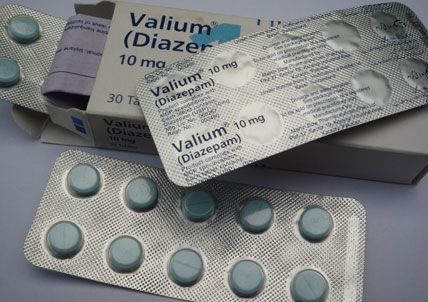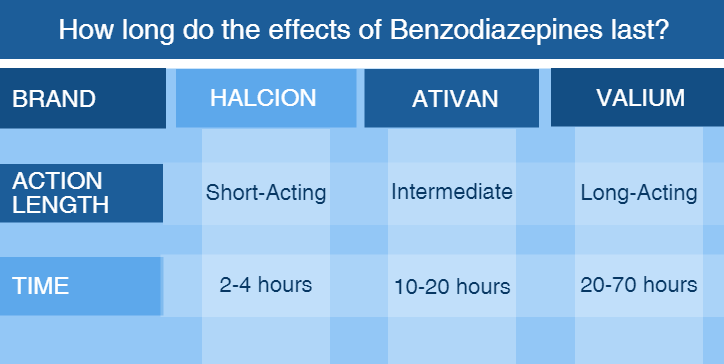
Speak with one of our qualified Treatment Advisers
Call Now
1-800-296-3484 Immediate help, 24/7

Valium is an anti-anxiety medication in the benzodiazepine class. It works to depress the central nervous system, which helps reduce the jittery feeling described by sufferers of anxiety. Additionally, it can be used to curb the withdrawal symptoms caused by other intoxicants such as alcohol or opiates.
It is also a potentially addictive drug, with a high potential for abuse because of how it functions.
Valium is a slower acting benzodiazepine than other drugs in this class, such as Ativan. It isn't used to treat sudden anxiety symptoms, but rather to reduce overall feelings of anxiety over a period of time. It is prescribed in a few doses each day, generally between one and four tablets per day.
This schedule of taking the pills regularly is a contributing factor to one version of Valium addiction. When taken for a long period of time, generally for longer than 4 months, the risk of addiction goes up. Given that many anxiety conditions can last for years, this is a very serious risk to be considered.
Another problem comes from the body itself. The human body will adapt over time to the effects of Valium. As the body gets used to the medicine, higher doses are required to have the same effect. Musician Michael Mathers, also know as Eminem, reported needing to take forty to sixty pills per day just to feel normal.
There are several clear signs of Valium Addiction a patient can watch out for.
Another risk factor increasing the chance of addiction is when patients take the drug in a manner not prescribed by a doctor. This can include increasing one's dose, or even taking the medication without a prescription at all.
A more insidious risk is that benzodiazepines and other medications such as opiates potentiate one another. This means that each drug increases the effect of the other. Therefore, patients who are prescribed both are at increased risk of an addiction that requires both pills to feed. This can readily lead to an overdose as each drug is made stronger.
Be alert for signs of a valium overdose in yourself or in others.

For immediate help, 24/7
Please call us!
© Copyright findaddictiontreatments.com 2025 All Rights Reserved.